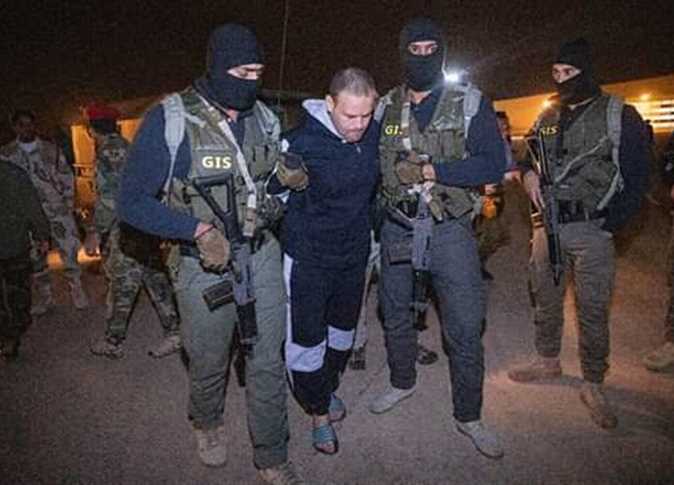
Former presidential candidate Khaled Ali, a number of human rights organizations and others have filed lawsuits to overturn the Justice Ministry decree granting the military broad authority to arrest civilians.
Justice Minister Adel Abdel Hamid issued the surprise decree Wednesday morning, which he said would be in place until a new constitution is implemented.
Legal and political experts have described the decree as extra-legal and a de facto revival of the state of emergency, which expired on 1 June after being in place for over 30 years.
Khaled Ali told Al-Masry Al-Youm that five lawsuits had been filed Thursday with the State Council Administrative Court against the decision.
Several rights advocates expressed solidarity with the petitions, including the Hisham Mubarak Law Center, lawyer Shehata Mohamed Shehata, who is the director of the Arab Center for Integrity and Transparency, and Muslim Brotherhood lawyer Abdel Moneim Abdel Maqsoud.
The complainants rely on the fact that the decree was issued by the justice minister as an administrative authority, not a judicial or legislative body, which they believe entitles them to legally challenge the order. The activists say it violates freedoms protected in the Constitutional Declaration, as well as the separate roles of the military judiciary and civil police forces.
It also takes away the civilian judiciary’s power because military officials will not be subjected to the supervision of the public prosecutor and the accused will be tried in military courts, they said.
Human rights organizations late Wednesday expressed their outright rejection of the decision, including the Arabic Network for Human Rights Information, the Egyptian Center for Economic and Social Rights and Al-Nadeem Center for Rehabilitation of Victims of Violence. In a joint statement, 17 rights organizations said the decree gives the military exceptional authorities not supported by law.
"The Supreme Council of the Armed Forces is intervening in managing the security file, instead of the government taking serious steps to restructure and cleanse the Interior Ministry," the statement read.
The statement said the timing of the decision, just two weeks before the SCAF is supposed to hand over power to an elected president, raises many doubts about the credibility of this commitment and confirms suspicions that the handover will not prevent the military institution from remaining a major player in the political arena.
This move is part of a long-standing practice of referring civilians to military courts, the groups said.
"We hold the Parliament responsible in this regard, for it played a marginal role in this issue," the statement said, calling on Parliament to question the ministry over the reasons behind the order.




